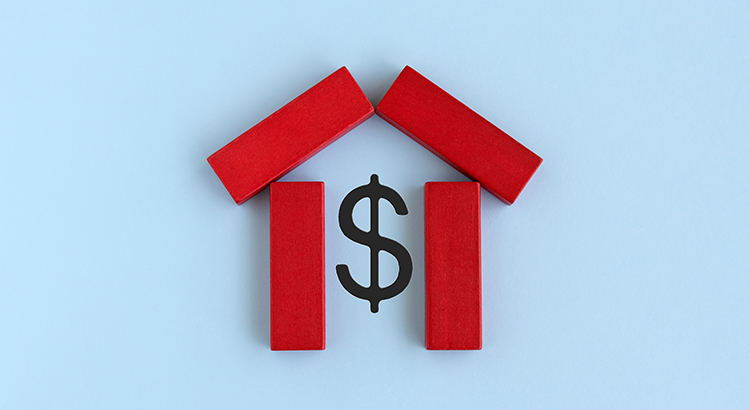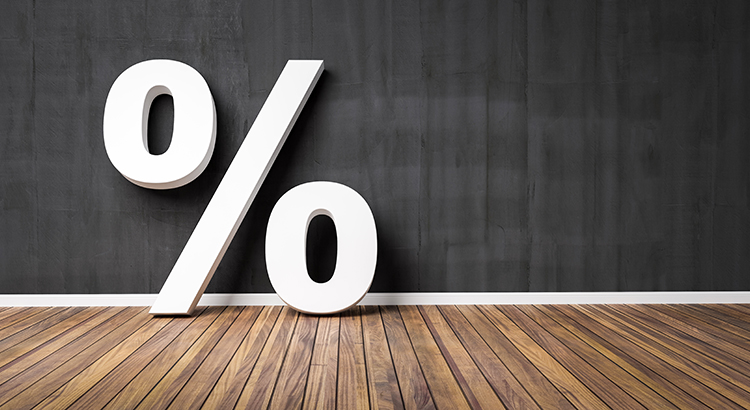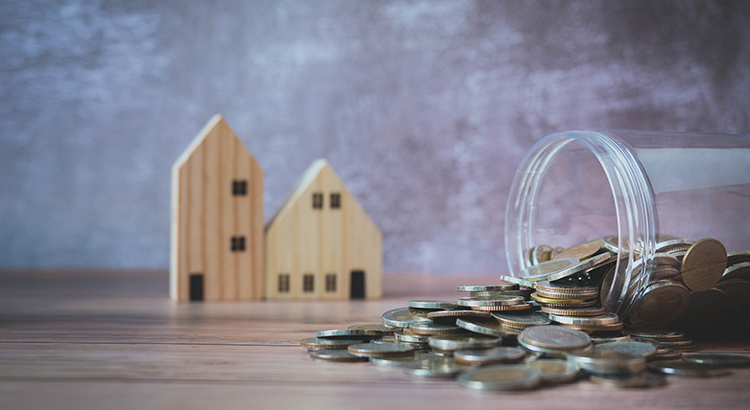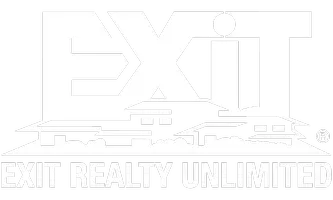

Housing Market Forecasts for the Second Half of the Year
From rising home prices to mortgage rate swings, the housing market has left a lot of people wondering what’s next – and whether now is really the right time to move. There is one place you can turn to for answers you want the most. And that’s the experts. Leading housing experts are starting to r
Read More

Find Your Dream Home in Eastern Iowa & Surrounding Areas
Welcome to EXIT Realty Unlimited, your trusted partner in buying and selling homes in Dubuque, Eastern Iowa, Southcentral Wisconsin, and Northwestern Illinois. Whether you're a first-time homebuyer, searching for luxury homes in Iowa, or looking to sell your home quickly, our expert real estate team
Read More

The Growing Commercial Real Estate Market in Dubuque: Opportunities for Investors & Business Owners
Dubuque, Iowa, is experiencing a surge in commercial real estate activity, making it an attractive location for investors and business owners alike. With a strong local economy, strategic location, and growing population, Dubuque presents numerous opportunities for those looking to buy, lease, or in
Read More
Categories
Recent Posts










